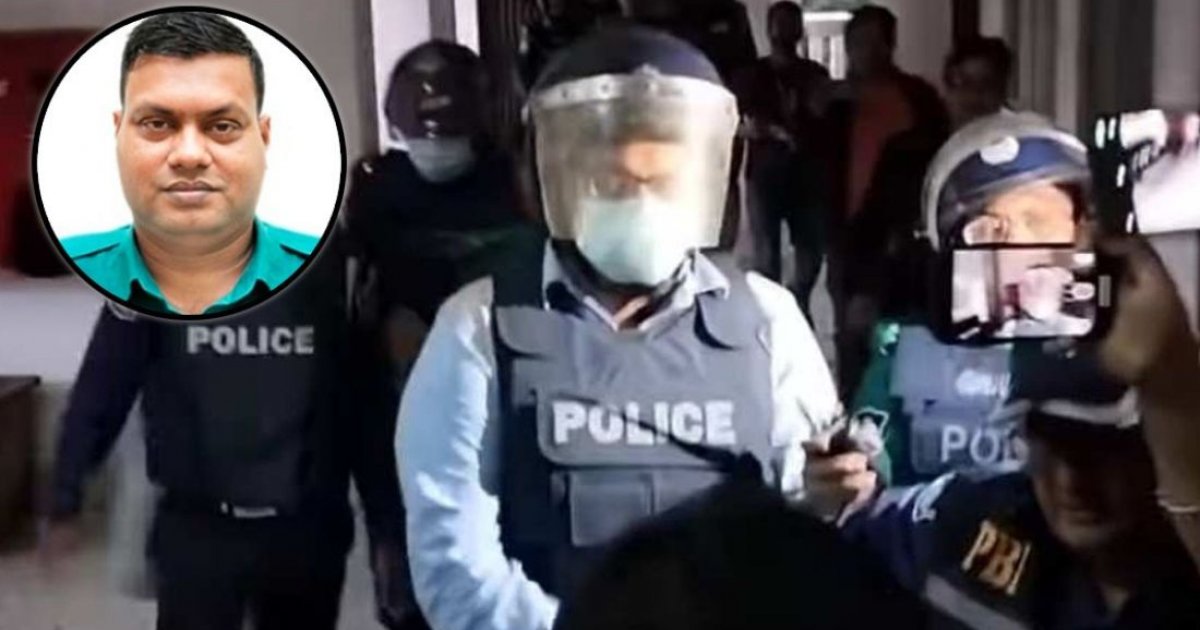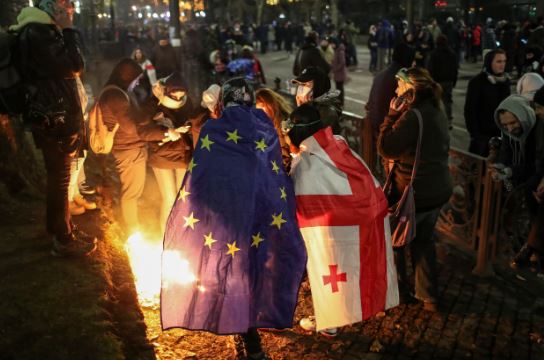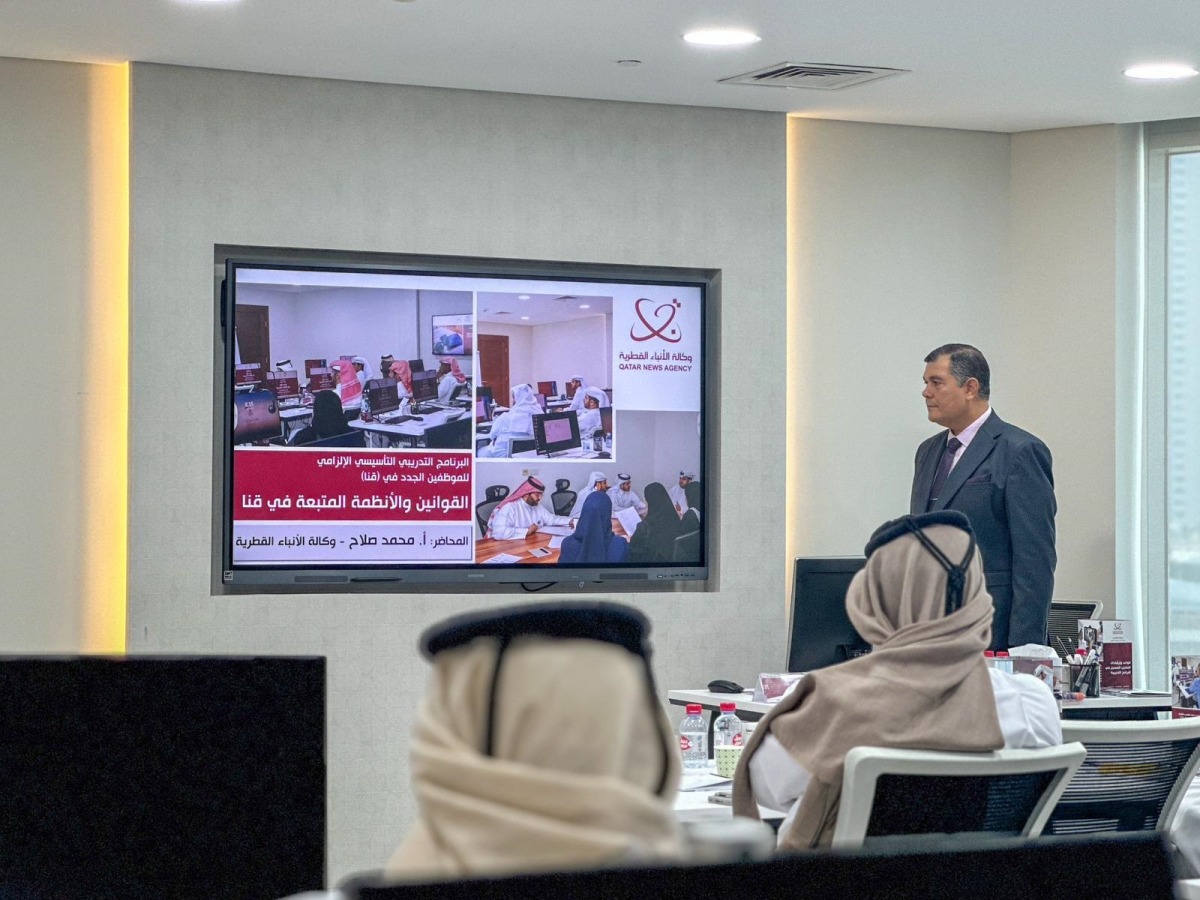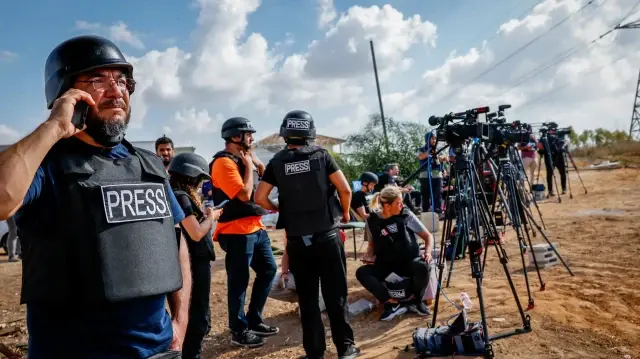
Enduring Justice: Unraveling the Turab Investigation in Bangladesh
December 20, 2024
Solidarity Surges as Georgian Journalists Face Brutal Repression
December 20, 2024December 20, 2024 – Turkey –
Kurdish journalists Nazim Daştan, 32, and Cîhan Bilgin, 29, were killed while covering the escalating conflict in northern Syria. Both were deployed near the Tishrin Dam, documenting clashes between Turkey-backed forces and Kurdish fighters when their car was struck by a drone attack, reportedly by a Turkish drone. Their driver, Aziz Haj Bozan, survived with injuries. The attack took place on December 19 near Kobani, around 100 km east of Aleppo.
The Dicle Fırat Journalists Association (DFG) issued a stern condemnation late on that day, branding the strike a targeted attack on journalists following them “between the Tishrin Dam and the town of Sirin” and pledging relentless pursuit of justice. The International Federation of Journalists (IFJ) also denounced the incident, stating that the journalists “were deliberately targeted” and demanding an independent investigation and accountability.
The killings were swiftly condemned by multiple press and human rights organizations. PEN International emphasized the need for Turkey to uphold international humanitarian law and launch transparent inquiries into the deaths. In Ankara, the pro-Kurdish DEM Party labeled the attack a “crime against humanity” and called on the Turkish government to safeguard press freedoms.
UNESCO Director-General Audrey Azoulay later issued a formal condemnation, urging a thorough and transparent probe while reiterating the protections owed to journalists under international law, such as UN Security Council Resolution 2222. The gravity of the act resonated globally: Kurdish press unions YRA and YRJ vowed to continue reporting in defiance of mounting threats, emphasizing that the slain journalists were “martyred in a brutal attack” and committing to uphold their dedication to truth.
These deaths reflect a growing pattern in which Kurdish journalists cover conflict zones at great personal risk; previous casualties include Egîd Roj and others targeted in drone strikes. The striking of Daştan and Bilgin has sparked renewed calls from press freedom advocates to recognize these attacks as war crimes, investigate them urgently, and hold perpetrators to account. By targeting journalists, authorities undermine independent reporting in war zones, eroding public access to critical information and violating journalists’ protected status under international law.
Reference –




